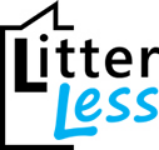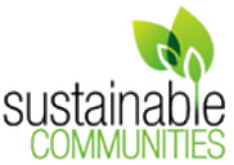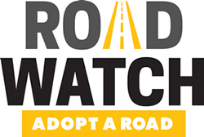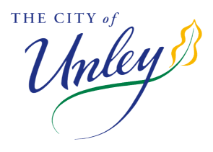Are you looking for support to deliver innovative programs?
Waste and
recycling education
Waste & recycling education
KESAB delivers tailor-made waste and recycling education programs to councils. KESAB will work with council and key stakeholders to construct a project plan and identify the key objectives council would like to achieve.
Education is one of the driving philosophies of KESAB and an area in which we excel. Skilled and qualified teachers deliver a range of targeted education programs to councils, schools and the community.
School and Community programs delivered for councils include:
- doorstepping (face to face education)
- bin tagging
- bin stickers
- focussed microsites
- KESAB Education Centre visits
- Statewide Recycling Education Centre visits
- curriculum-based education resources.
Council kerbside waste audits
KESAB auditors have conducted kerbside waste audits for councils across South Australia to assess the effectiveness of the three bin system for residual waste, recycling and green organics. Audits can take place over one or two weeks, depending upon the collection schedule.
The methodology is based on Zero Waste SA’s Guide to Kerbside Performance Reporting which recommends 100 bins in each stream be collected and audited. The Zero Waste guide is to promote standard audit methodology and reporting, allowing councils to compare the performance of their waste and recycling management systems over time and with other councils.
The bin audit assists councils to:
- accurately measure the composition of the residual waste, recycling and green organics bin streams and establish waste and recycling generation trends
- report, review and track resource recovery performance to improve systems and develop targeted education materials
- accurately assess your residents’ performance over time and compare audit outcomes with other councils using the same methodology.
Litter research
The KESAB Litter Index is South Australia’s official litter count and volumetric tracking data base. The methodology was developed by KESAB and is refined and reviewed regularly to ensure litter types, count sites and that the counting process delivers high standard trend analysis.
Litter statistic reports can be viewed here:
Zero Waste Events
Public events can generate a lot of litter and waste. As with household, school and business bin systems, it is important to achieve the same separation of materials for recycling and composting at public events. It is common to see bins with coloured lids and signage to encourage separate collections at events, but often the system falls down with excessive contamination in both recycling and organics collections.
KESAB educators can come in at the front end with tools and suggestions to achieve better separation for cleaner collections and even an event that generates little or no waste to landfill. Experience shows that this requires the cooperation and commitment of:
- Event organisers
- All vendors
- People attending the event
It can be as simple as having consistent bin colours with clear signage to show the items that belong in each bin and ensuring all food is served with compostable cutlery and plates. Education and planning are key to achieve a successful event!
Illegal dumping
Illegal dumping continues to be of considerable concern because of indiscriminate illegal activity, environmental harm and clean-up costs. KESAB has designed litter prevention signs available to order.
Community involvement
Councils can get involved with KESAB through their communities in programs such as Sustainable Communities, Road Watch and through community education.
Regional councils can enter the Sustainable Communities program and showcase council, community, school and business initiatives that contribute to the environmental and social sustainability of their area.
Councils can also encourage schools, community groups and businesses to get involved with the Road Watch program. Road Watch is a volunteer community-based program run in partnership with the Department for Infrastructure and Transport. Groups adopt a minimum of 2km of roadway and usually undertake four clean ups a year. Necessary equipment, including safety gear, is supplied to the groups and after each clean up, groups report back to KESAB. Councils support Road Watch groups by assisting with removal of collected waste.







